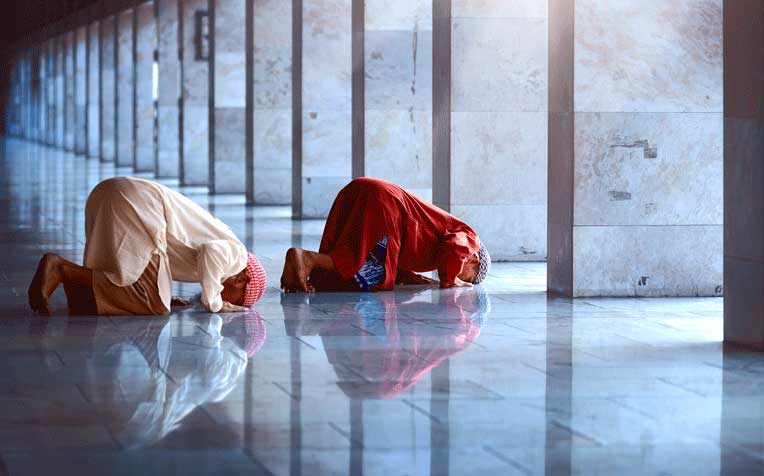
MERS-CoV outbreak is a threat during the Hajj period.
About the Hajj and MERS-CoV.
With the continued rise of Middle East respiratory syndrome coronavirus(MERS-CoV) cases, governments worldwide have begun issuing health advisories to Muslims in their country preparing to embark on the Hajj, a pilgrimage which all physically and financially able Muslims are required to undertake at least once during their lifetime.
In 2013, up to 3 million Muslims are expected to converge in Mecca, Saudi Arabia, during the Hajj period (happening this year around 13-18 October). As the Hajj is considered one of the largest mass gatherings in the world, there are concerns this could lead to an outbreak of MERS-CoV.
MERS-CoV is a viral respiratory illness caused by a novel coronavirus. Those infected with MERS-CoV have been known to develop severe acute respiratory illness with symptoms of fever, cough and shortness of breath.
As of 19 September 2013, the CDC (Centers for Disease Control and Prevention) have reported a total of 132 MERS-CoV cases worldwide, 58 of which were fatal. Majority of these cases occurred in Saudi Arabia.
“Up until now, the Middle East coronavirus has been shown to spread between people who are in close contact, such as from infected patients to healthcare personnel. There is no evidence to indicate that the virus is able to spread in a sustained way in communities,” says Dr Candice Chan, Consultant, Department of Infectious Diseases, Singapore General Hospital (SGH), a member of the SingHealth group.
MOH health advisory for Hajj pilgrims
In Singapore, the Ministry of Health (MOH) continues to work closely with the Islamic Religious Council of Singapore (MUIS) as the Middle East coronavirus situation evolves. For this year’s Hajj, the Saudi government has also lowered the pilgrim quota allocated to Singaporeans by 20 per cent (from 680 to 544) as a result of upgrading projects taking place in the vicinity of the Holy Mosque in Mecca.
In terms of health preventive measures, the MOH advises all Hajj pilgrims to:
- Be vaccinated against influenza and meningitis. Those aged 65 years and above or with chronic medical conditions are also advised to get vaccinated against pneumococcal infections.
- Avoid close contact with persons suffering from acute respiratory infections and live farm or wild animals.
- Observe good personal hygiene at all times and practise frequent hand washing with soap and water – before handling food or eating, after going to the toilet, or when hands are dirtied by respiratory secretions.
- Cover their nose and mouth with tissue during sneezing or coughing, and to dispose of the tissue properly.
- Adopt good food safety and hygiene practices and avoid consuming undercooked meats, food prepared under unsanitary conditions, or unsafe water. Fruits and vegetables should be properly washed before eating them.
The WHO advises the following actions to be taken during Hajj for travellers who develop a signficant acute respiratory illness with fever and cough (severe enough to interfere with usual daily activities):
- Minimise their contact with others to keep from infecting them.
- Cover their mouth and nose with a tissue when coughing or sneezing and discard the tissue in the trash can after use and wash hands aftewards, or, if this is not possible, to cough or sneeze into upper sleeves of their clothing, but not their hands.
- Wear a face mask, if available.
- Promptly report to the medical staff accompanying the group or to the local health services.
The WHO advices the following actions to be taken after Hajj:
- Pilgrims returning to Singapore should be advised that if respiratory illness with fever and cough develops during the 14 days after their return, they should seek medical attention and immediately notify their local health authority.
- Persons who had close contact with a traveller with a significant acute respiratory illness with fever and cough and who themselves develop such illness should be advised to report to local health authorities to be monitored for MERS-CoV.
Ref: S13
Contributed by















